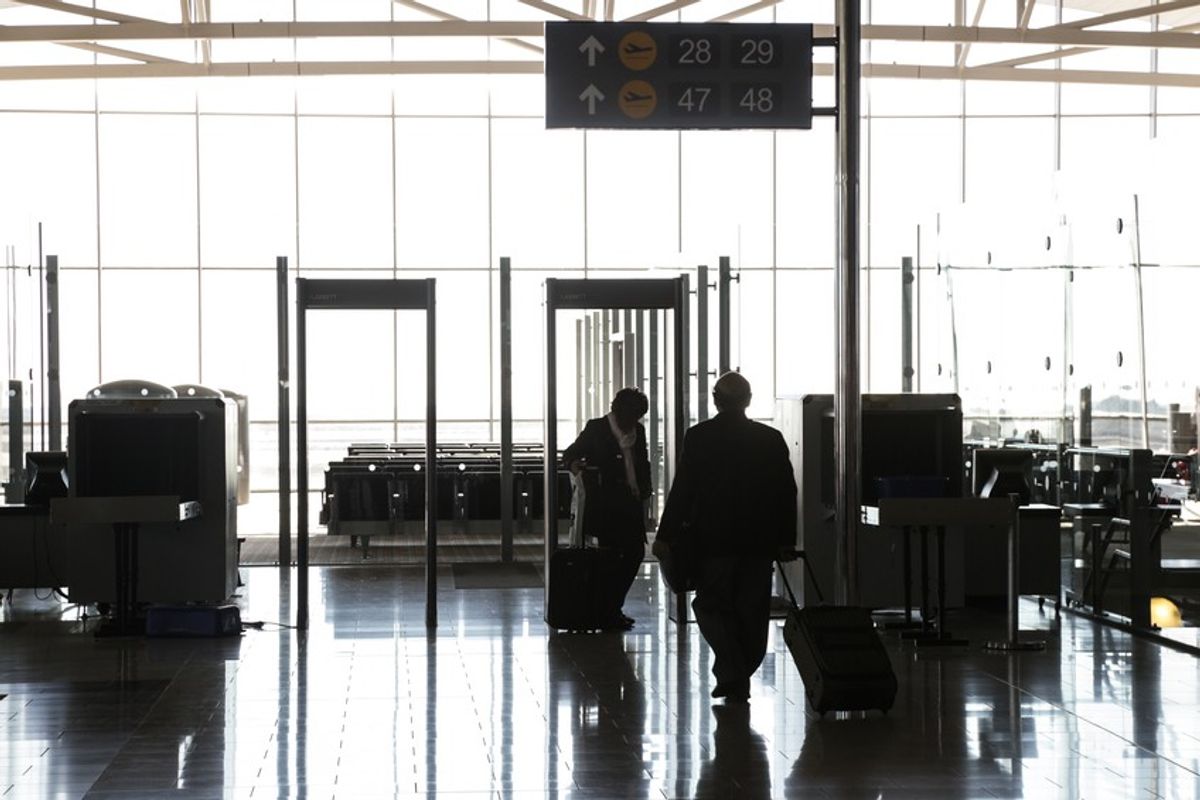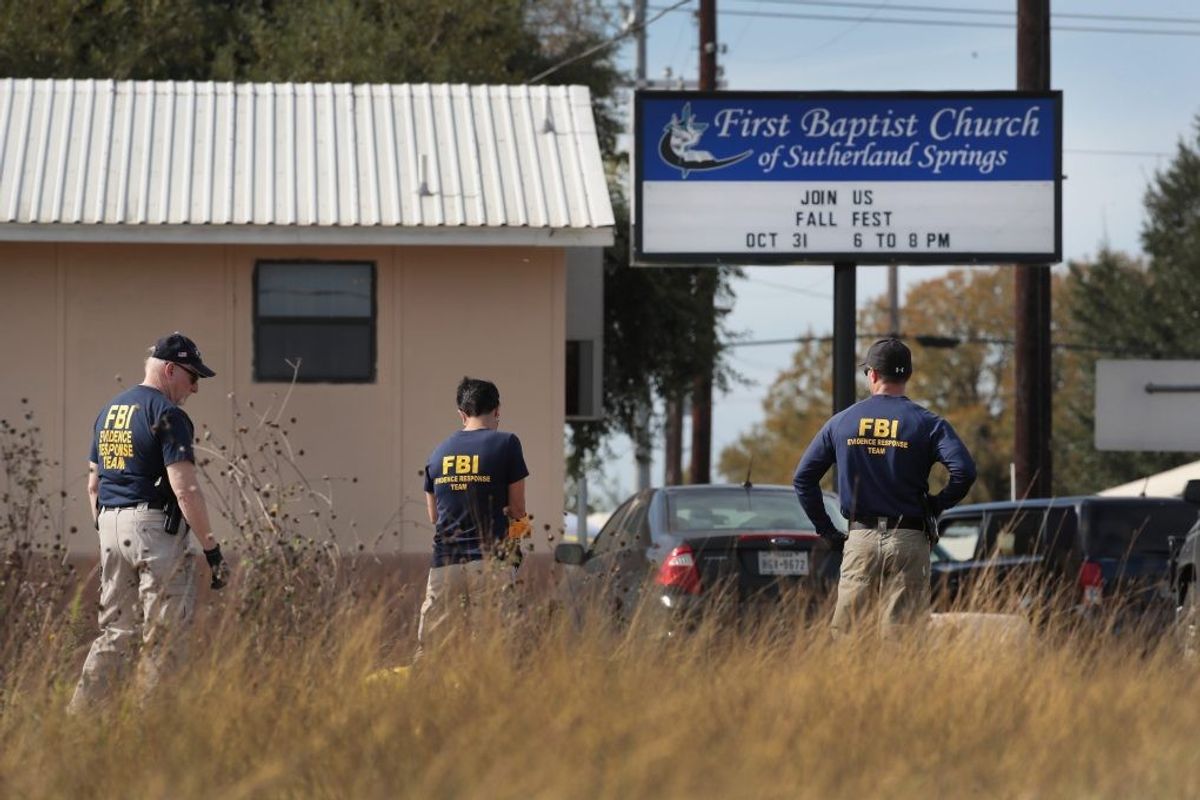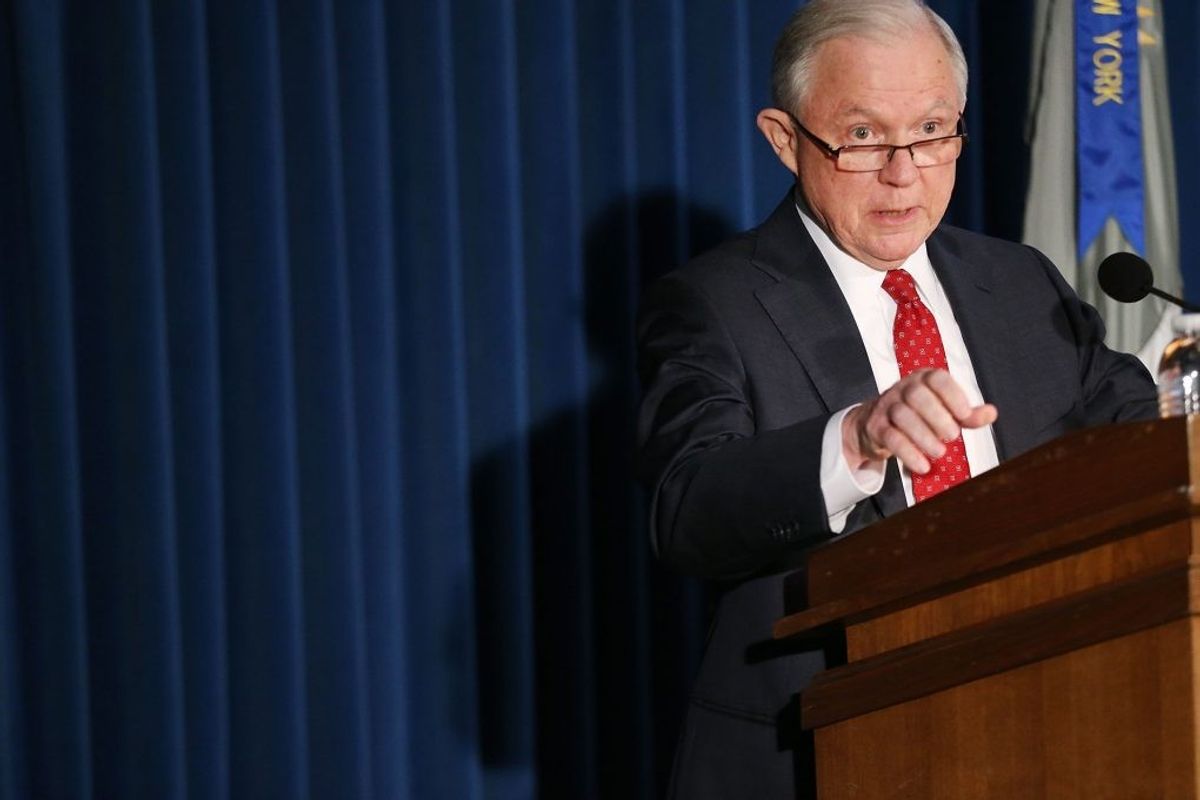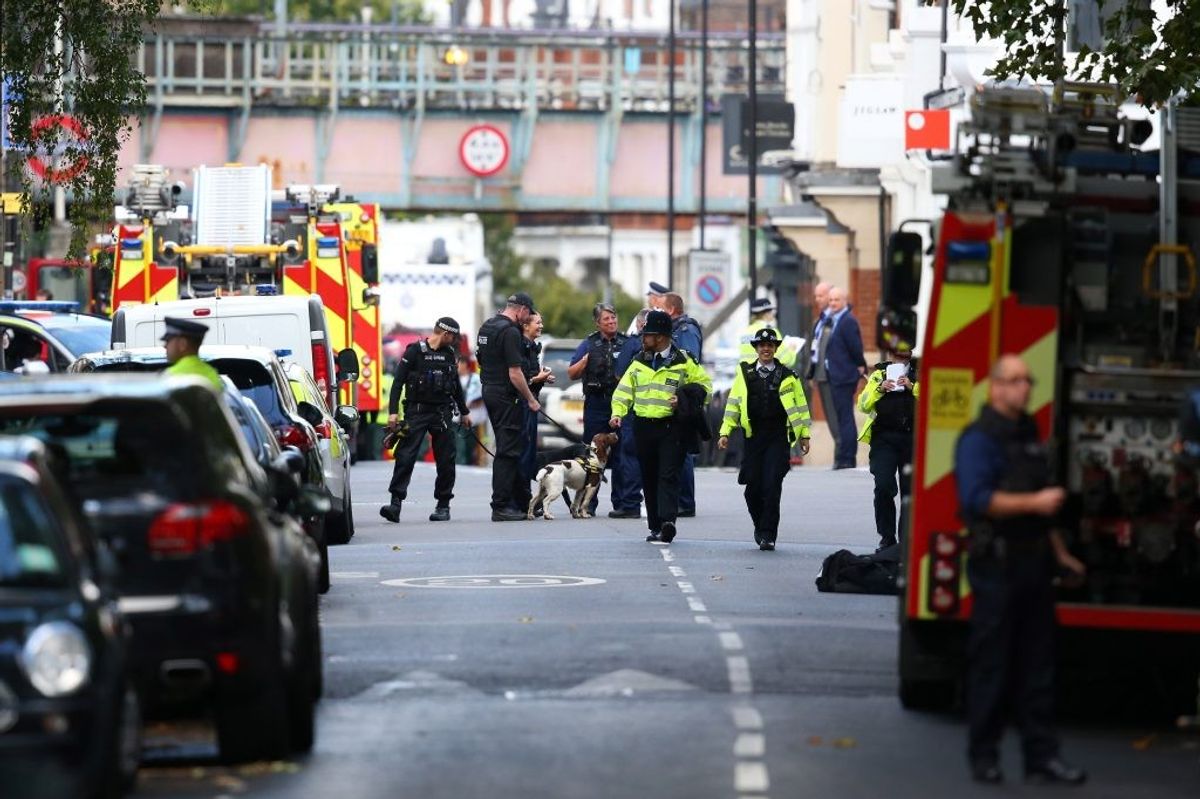The Cipher Brief asked Robert Eatinger, the CIA’s former Acting General Counsel and Senior Deputy General Counsel, to comment on the next steps for the suspect in the New York City attack this week that left eight people dead, after he rammed a truck onto a bike path. The suspect, Sayfullo Saipov, is from Uzbekistan and moved to the U.S. in 2010. He is believed to be connected with the so-called Islamic State.
TCB’s Kaitlin Lavinder started by asking Eatinger about the next legal steps in the case against Saipov.
Saipov has been charged, which is necessary to keep him detained. The most likely next step is to seek a grand jury indictment. Sometimes, a suspect may agree to fully cooperate with U.S. officials in exchange for a limit on his sentence, such as an agreement that the United States will not seek the death sentence. The government’s willingness to negotiate such an agreement depends on the potential value of the information the suspect might offer.
If Saipov is truly a “lone wolf” who was inspired to act by watching ISIS videos, and acted by following instructions on ISIS videos, he likely is of little intelligence value. If, however, he is knowledgeable of others like him, then the government may have an incentive to get him to identify these other persons before they strike.
Eatinger explained exactly what Saipov will be charged with.
On 1 November 2017, the U.S. Attorney’s Office for the Southern District of New York charged Saipov with two counts:
- One count of violating 18 U.S.C. § 2339B (providing material support to ISIS, a Designated FTO), by driving “a truck on a bike lane and pedestrian walkway in New York, New York intentionally killing at least eight individuals and injuring at least twelve individuals”); and
- One count of violating 18 U.S.C. §§ 33(a), 34, and 2, (willfully and with intent to endanger the safety of any person onboard or expected to be onboard, and with a reckless disregard for human life, damage, disable, and destroy a motor vehicle used in interstate commerce, causing the deaths of at least eight persons).
President Donald Trump tweeted about Saipov’s trial on Thursday, “Should move fast. DEATH PENALTY!” But Eatinger says this likely won’t affect the jury.
Saipov’s defense will likely argue that the president’s tweet makes it impossible to get a fair trial or fair sentencing hearing, but that argument would likely fail. This is a U.S. District Court trial in which jurors will be all or almost all civilians. The president is not their commander in chief and they are not bound to follow his direction. Those who do feel bound could be weeded out of the jury pool through questionnaires and voir dire [an oath administered to a prospective juror by which he or she is sworn to speak the truth].
It probably would be fairly easy to find enough jurors in New York City who would not be swayed by this president to fill the jury box. The president’s tweet would be much more of a problem if Saipov were to be tried by a military commission.
Trump has also tweeted that Saipov should be labeled an enemy combatant and sent to Guantanamo Bay, the controversial U.S military prison in Cuba. Eatinger predicts a “heavily litigated” process if the U.S. actually tries to send Saipov to Guantanamo.
A person cannot be sent to detention at Guantanamo Bay simply because the President says so. First, the U.S. would have to prove Saipov qualifies to be transferred to the military detention. Saipov would need to qualify to be detained by the military under its authorities provided by the 2001 Authorization for Use of Military Force.
I don’t know if there are any cases on whether or not a “lone wolf” who acted within the United States would qualify. Further, if Saipov is a green card holder, as some media outlets have reported, he will have additional due process protections.
I suspect that if the President seeks to carry through on that tweet, a motion would be filed in the U.S. District Court for the Southern District of New York to prohibit that transfer and the matter would be heavily litigated. I cannot predict the outcome since there are valid arguments both ways.
Eatinger says the U.S. federal courts – as opposed to military commissions – are well-equipped and provide added advantages to try a suspect for terror.
The only advantage offered by military commissions is its ability to close the courtroom to the public in order to allow the presentation of classified evidence on the merits. Still, there have been a number of successful federal court prosecutions where convictions were obtained without the use of classified evidence and that did not have to be aborted to protect classified information from disclosure.
The advantages the federal courts have over military commissions are a trial process not subject to constitutional challenges, very experienced and confident judges, and very experienced prosecutors.
–Interview conducted by Kaitlin Lavinder, a national security reporter at The Cipher Brief











